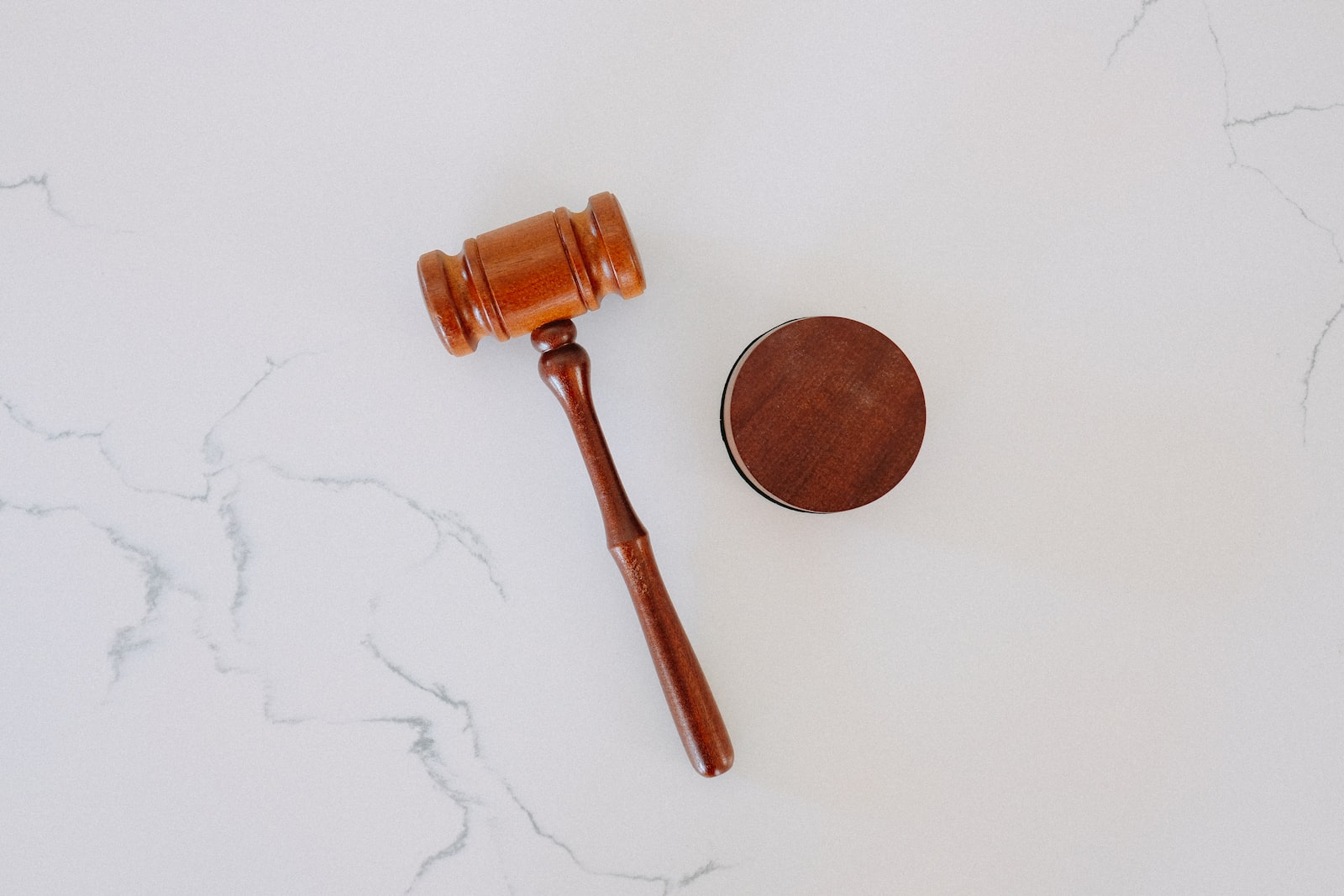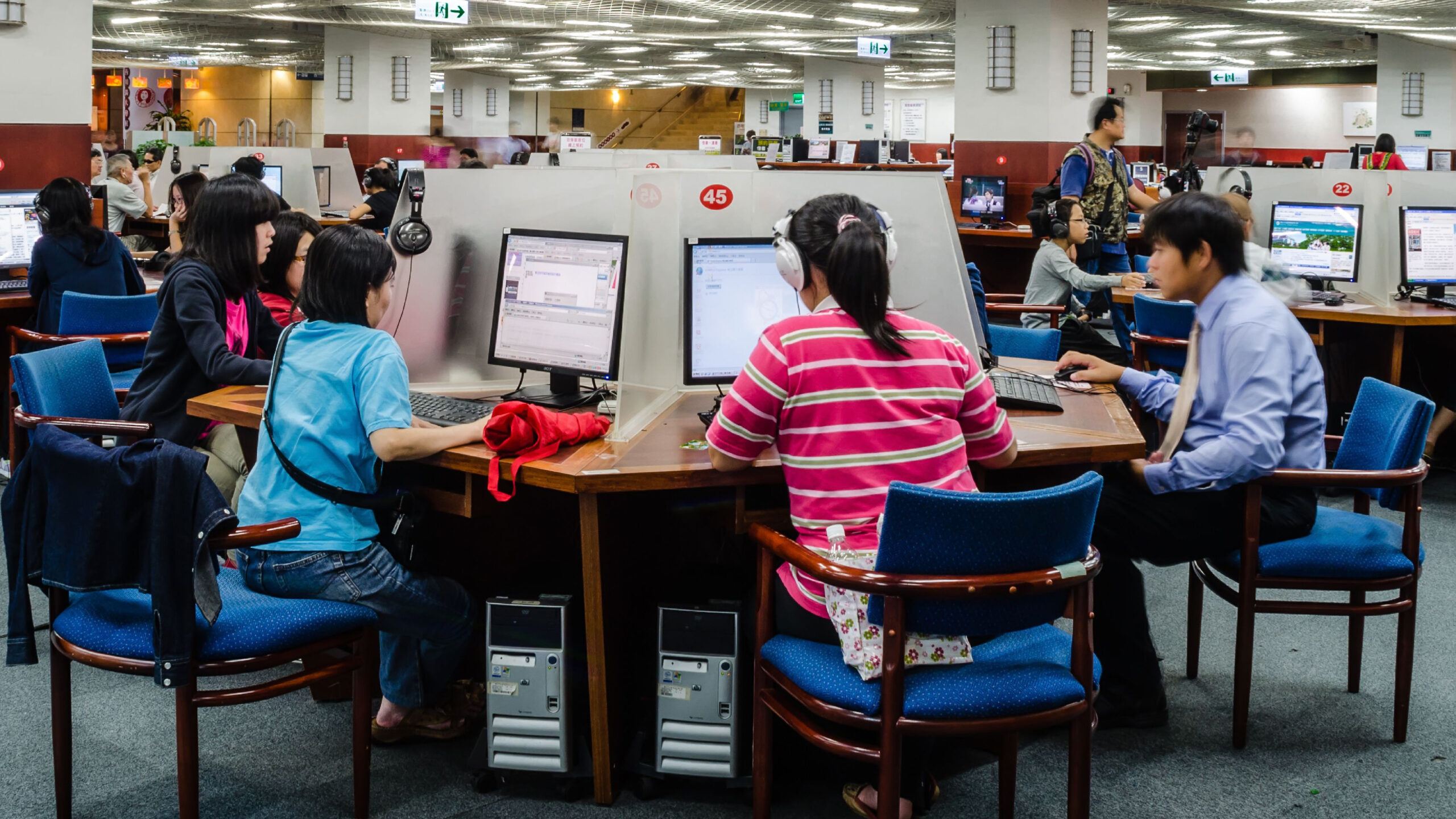AP-Meltwater Settlement Dims Prospects for European Ruling on Internet Browsing
Meltwater’s US litigation has settled, but its litigation continues in the EU over “whether end users, who view web-pages on their computers without downloading or printing them, are committing infringements of copyright.” (Really!)
Yesterday, it was reported that the Associated Press (AP) and news aggregation company Meltwater settled their copyright dispute in New York. AP had sued Meltwater in 2012 for copyright infringement. CCIA filed an amicus brief in January in support of neither party, taking no position on the facts of the particular case, but intervened in order to point out important copyright law and fair use precedents.
The District Court held for AP in March, and did not accept Meltwater’s fair use defense. The court did note that search engines have what “would appear to be a transformative purpose” under fair use precedent, citing Bill Graham Archives, but was not persuaded that Meltwater’s service functioned in a manner similar to search. Meltwater had said they would appeal this ruling to the Second Circuit, but announced a settlement with AP on July 29 instead. This means that the district court’s ruling will likely stand.
Statements from Meltwater on the settlement are encouraging for future innovation and competition in this industry. Meltwater’s press release stated:
The companies will seek to create new revenue opportunities for both parties through the sale of new products through Meltwater’s extensive global sales network.
Additionally, Meltwater CEO Jorn Lyseggen added:
There is more to be gained by working together to develop new markets and reaching new customers than can be achieved through adversarial paths.
However, copyright litigation is not entirely over for Meltwater. Courts in the United Kingdom have disagreed over whether browsing the Internet can constitute copyright infringement, and the Court of Justice of the European Union (CJEU) is currently considering this principle.
The case began in 2009, when Meltwater, a news aggregator, challenged a new license from NLA, the Newspaper Licensing Agency, before the Copyright Tribunal; PRCA, a PR association, intervened on behalf of Meltwater. The Copyright Tribunal sought clarifications from the High Court, who found against Meltwater and PRCA, holding that end users need a license from the NLA. Meltwater and PRCA referred the case to the Court of Appeal, who in 2011 affirmed that court, holding that clicking a link to an article on a public website constituted copyright infringement if the site did not have a license from the publisher. If this decision were to be upheld, it could make every Internet user a copyright infringer, and be a costly burden for online businesses.
On further appeal in 2013, the Supreme Court reversed and found for Meltwater and PRCA, holding that viewing articles online does not require a license, because of the temporary copy exception in UK copyright law, noting that “if it is an infringement merely to view copyright material, without downloading or printing out, then those who browse the internet are likely unintentionally to incur civil liability, at least in principle, by merely coming upon a web-page containing copyright material in the course of browsing. This seems an unacceptable result, which would make infringers of many millions of ordinary users of the Internet across the EU who use browsers and search engines for private as well as commercial purposes.” The Supreme Court referred the case to the CJEU in June 2013 for clarification of this principle across the European Union.
It remains to be seen whether yesterday’s settlement between Meltwater and AP in the US will have an impact on Meltwater’s litigation in the EU. Meltwater won the most recent round of litigation, and a settlement would not overturn that. A settlement would forestall a Europe-wide precedent on this question, either enshrining the principle in EU law or overturning the UK court’s effort to safeguard Internet users. However this case proceeds, Internet users across the EU—and the world—should be assured that merely browsing the Internet does not constitute copyright infringement.








